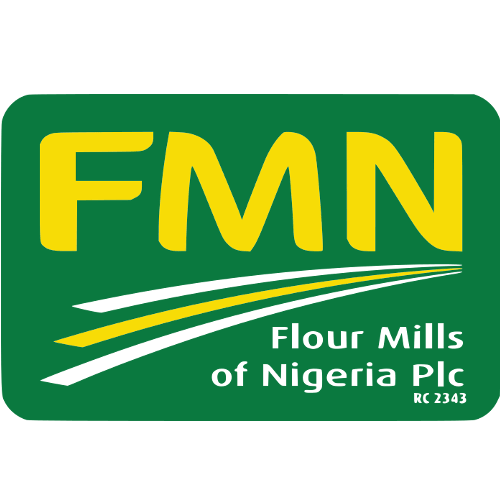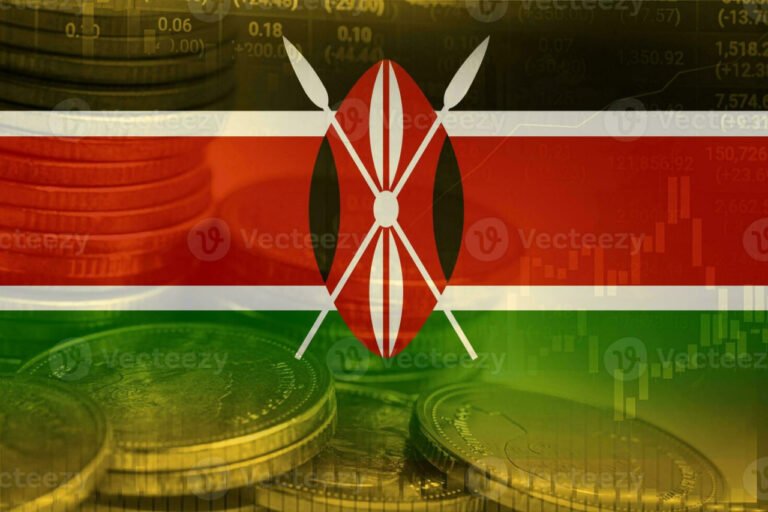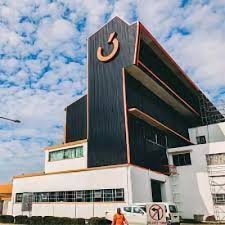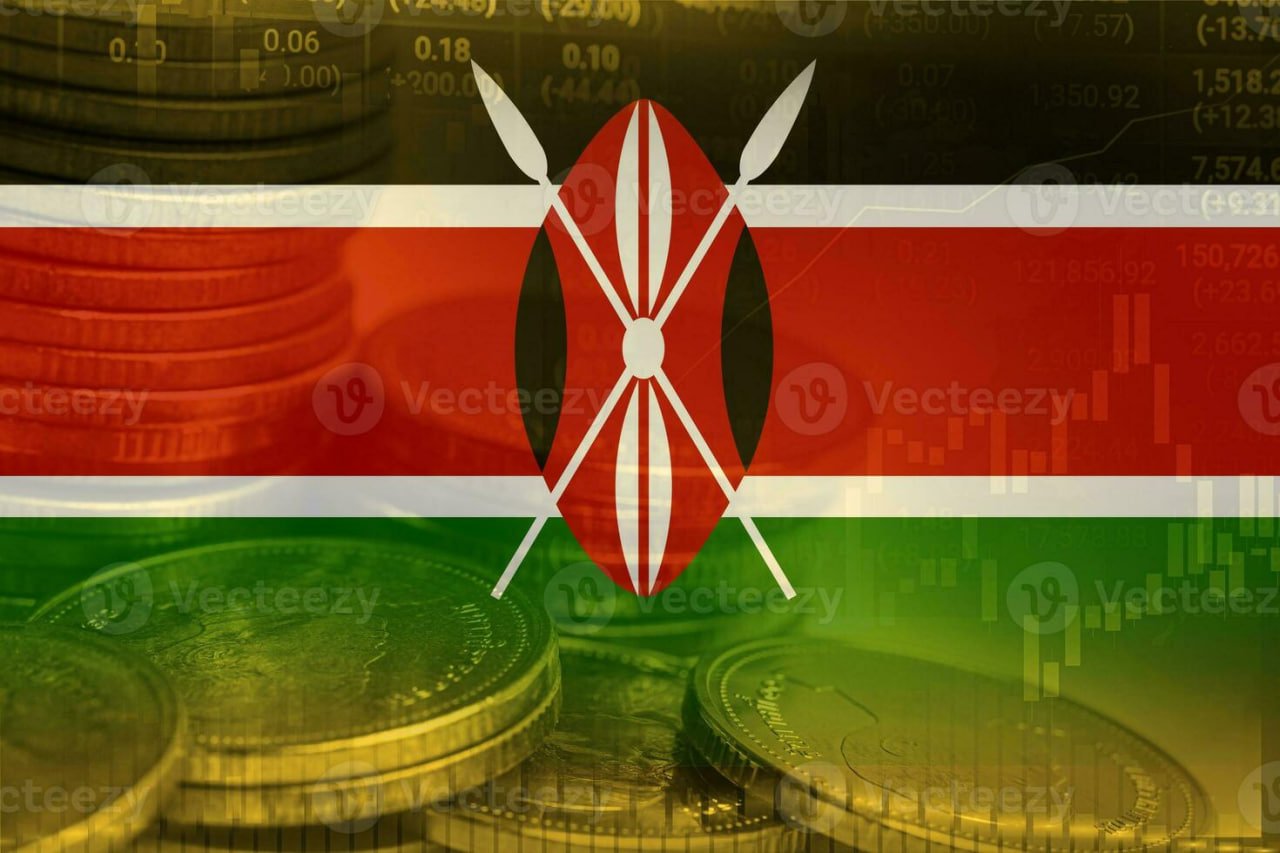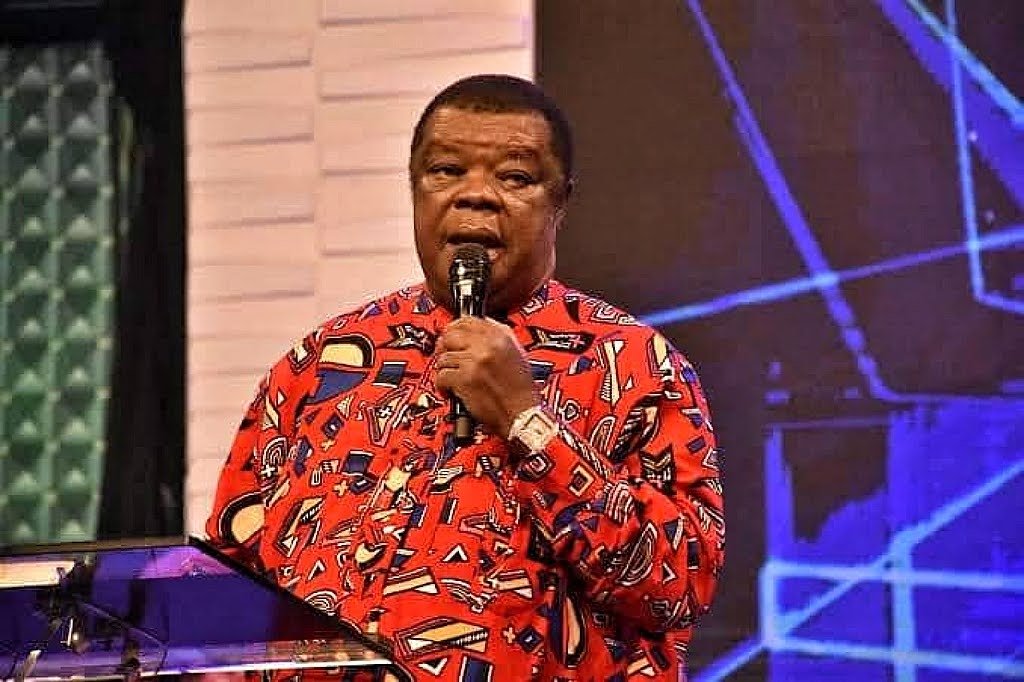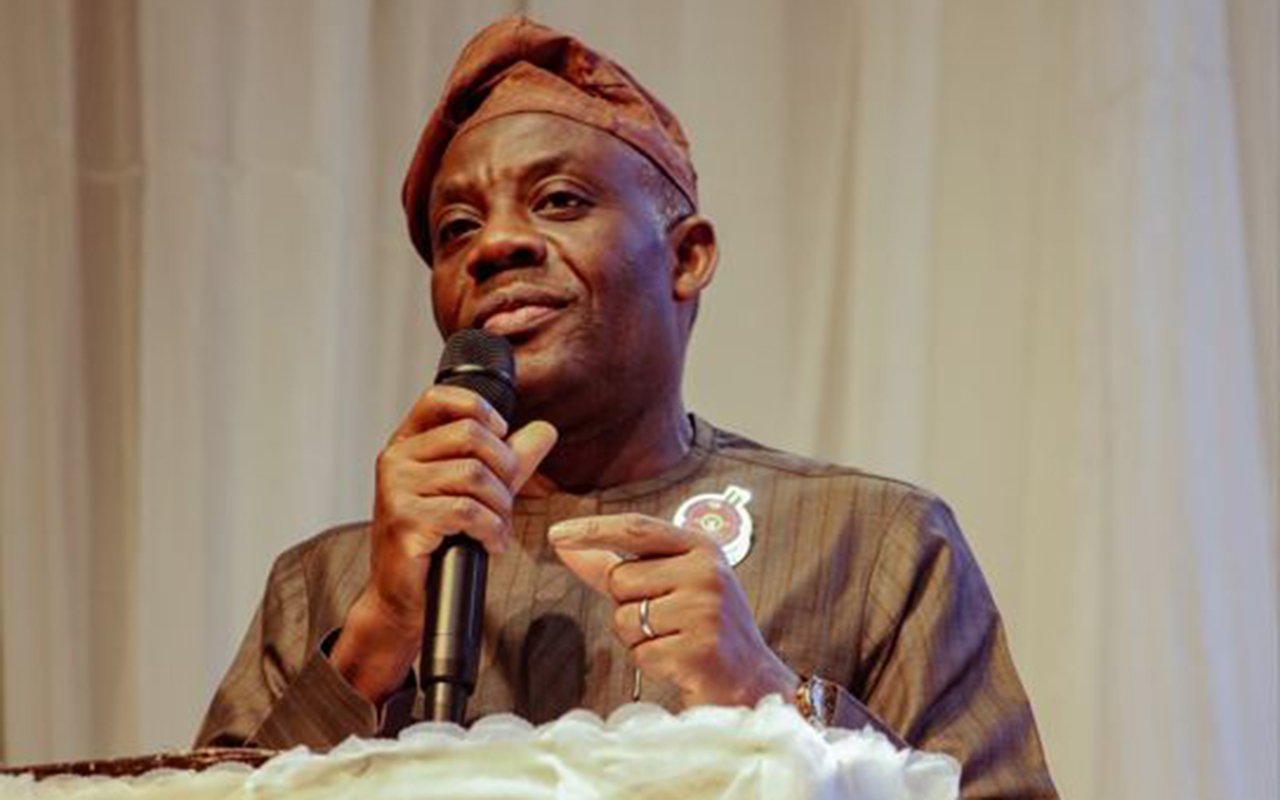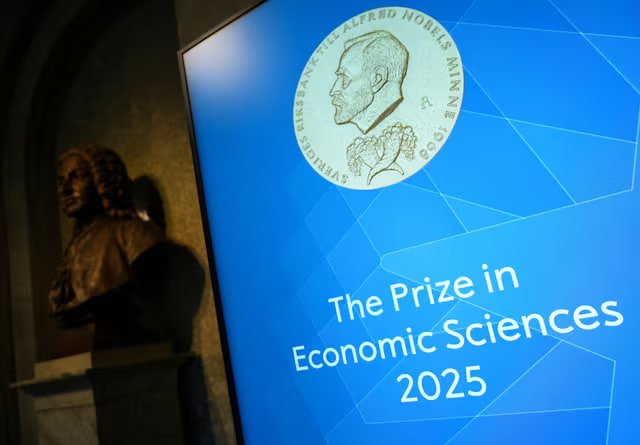The United States Embassy in Nigeria has dismissed claims linking the recent reduction in visa validity for Nigerian nonimmigrant applicants to political motives. The policy, affecting business and tourism visas, is part of a global security review, not a response to Nigeria’s stance on BRICS or deportees.
Speculation arose that the visa changes were tied to Nigeria’s refusal to accept 300 Venezuelan deportees or its BRICS affiliation. The U.S. Mission clarified that the decision stems from technical and security benchmarks applied uniformly worldwide.
“This reduction is not the result of any nation’s stance on third-country deportees, introduction of e-visa policies, or affiliations with groups like BRICS,” the U.S. Mission stated. The policy also affects other countries, reflecting a broader review of U.S. visa usage globally.
Nigeria’s Foreign Minister, Yusuf Tuggar, recently rejected the U.S. request to accept Venezuelan deportees, citing Nigeria’s economic and social challenges. In a Channels Television interview, he emphasized, “We have enough problems of our own; we cannot accept Venezuelan deportees to Nigeria.”
Tuggar criticized the request as unfair, linking it to pressure from the Trump administration. He highlighted Nigeria’s focus on economic partnerships with the U.S., particularly in gas, critical minerals, and rare earths vital for American technology firms.
The U.S. Embassy explained that the visa validity reduction results from a comprehensive security review to safeguard immigration systems. This global assessment ensures safe and lawful travel while maintaining U.S. immigration integrity.
Under the new policy, most Nigerian nonimmigrant visa applicants now receive single-entry visas valid for three months. This marks a shift from previous longer validity periods for categories like business and tourism visas.
The U.S. reaffirmed its commitment to strengthening ties with Nigeria despite the policy change. It expressed readiness to collaborate with Nigerian officials to meet benchmarks for expanding visa validity in the future.
Tuggar underscored Nigeria’s intent to negotiate mutually beneficial deals with the U.S. He highlighted the country’s strategic resources as key to fostering economic cooperation.
The visa policy adjustment has sparked discussions among Nigerians seeking U.S. travel opportunities. Many hope for clarity and eased restrictions as bilateral talks progress.
The U.S. Mission emphasized its longstanding partnership with Nigeria, aiming for safe and mutually beneficial travel. It continues to engage with Nigerian authorities to align on global visa standards.













